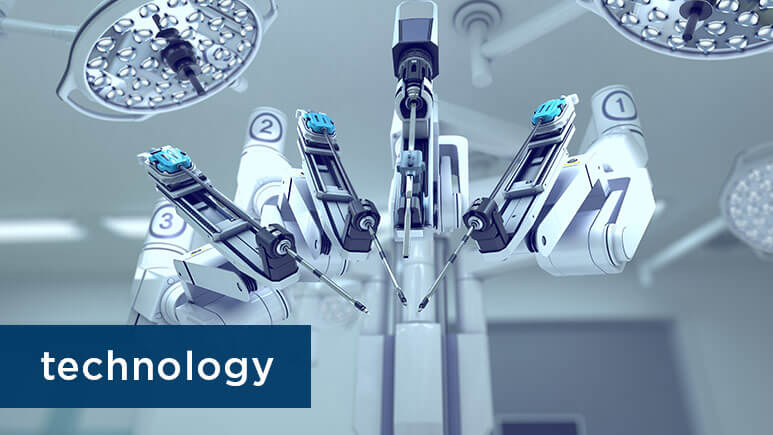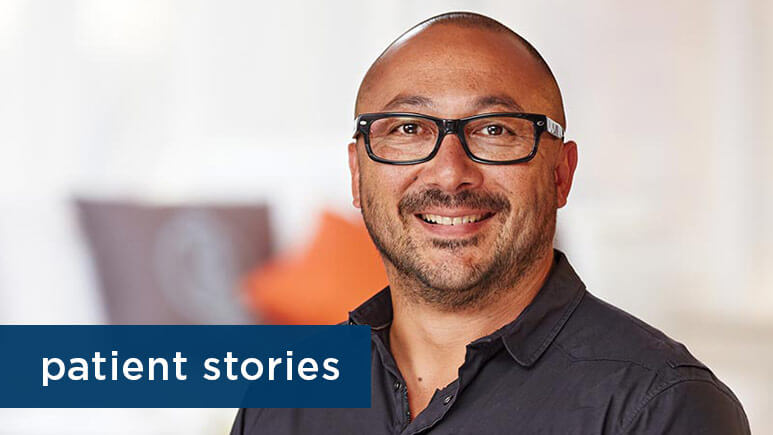Sleep, and how it can help us lead happier and healthier lives, is being increasingly discussed around the world.
Is this a turning point, where sleep will begin to be seen as a component of healthy living for all of us, rather than as a topic only for those who struggle with specific sleep disorders?
BluePrints spoke to Dr Joe Ojile and Matt Uhles of the Clayton Sleep Institute to find out.
Let’s start at the beginning. Why is sleep so important?
Matt: Sleep is vital for life and existence; for functioning. There are constant pressures on us to perform well and do more, but this means we may get less sleep or less quality sleep that we need. As a society, we are quickly reaching a point where that will become catastrophic. Just about every major health issue is linked to our quantity or quality of sleep – alzheimers, high blood pressure, heart disease, stroke, depression, diabetes.
Better sleep improves athletic muscle condition, agility and speed, and can make our young people perform better academically too, with just 15 minutes more sleep each night equating to improving from a B grade to an A. In adults, one additional hour each night can result in a 16% increase in pay each year, and increased work productivity.
There is new data coming out that one of the functions of sleep is to clear the neural toxins out of our brains, so in effect, that means sleep is a time when the brain ‘takes out the trash.’ If we don’t allow that to happen, it could lead to long-term consequences such as dementia, cardio-vascular problems and so on.
We’ve seen how important sleep is for our health, but can you outline the physiology behind why we need to sleep?
Joe: This is a hotly debated topic. We don’t really know why. We know it’s essential for life, but we don’t have a biological answer. What we do know is that we should be taking this aspect of our biology and forming it into something that’s positive in our lives. We need to be choosing to sleep in a healthy fashion, scheduling it in, being proactive and making good choices rather than waiting for there to be a problem.
Generally speaking, how much sleep do we need?
Matt: We often under-estimate how much we need. There are average age ranges of sleep requirements, and 90% of us fall within those ranges. A good general rule of thumb is to ask yourself, how do you feel when you wake up? Do you feel refreshed? If you need an alarm clock, you haven’t had enough sleep. You should go to bed early enough for your brain to wake up refreshed and well rested.
Joe: Everyone’s different but the range is a bell shaped curve, with the peak at about 7hrs 45 minutes for adults. So that’s a good place to start. Finding the precise number for each of us is quite complex, so we may need to experiment to find that. And of course, sleep requirements change over the course of a lifetime, which is why ranges are usually given. It’s difficult to pinpoint exactly how much we need as it’s affected by our individual genes.
How is our understanding of sleep changing?
Matt: Historically our societies have seen little sleep as a good thing – we work longer hours, and perceive sleep as laziness. There’s a lack of understanding and awareness. And as adults, we often share the wrong examples for our kids. We need to make positive changes, like setting up a charging station where the family’s devices get charged at night – including parents’.
Many companies’ wellness programmes only focus on exercise and nutrition, not sleep. Sleep really has to be a part of that in terms of getting sufficient sleep. There are three aspects – quantity, quality (eg obstructive sleep apnea and other sleep disorders) and timing. If one of those aspects is disturbed, it can rob us of the efficiency of sleep and the benefits we get from it. There is more awareness and education needed, but it requires a commitment from us to make changes.
Joe: Sleep is a critical component in the overall discussion of better health. But it is just one of several issues we need to address. People have a natural tendency to look for the one thing we can fix to then fix everything else. Sleep is a key part of the solution but not the only part of the solution.
What trends do you see on the horizon for sleep health?
Joe: One of the interesting developments at the moment is the increasing use of technology. However, with other wellness technology we can standardise them, and have clear calls to action. For example, if you measure your steps and find they’re not enough, you exercise more. But sleep? You can measure it, but what’s the action? If your results show poor or disrupted sleep, what’s next? What action should you take?
Suppliers are starting to get on board with technology that can improve the quality of sleep, for example with the bed, temperature control, or odour control. I’m glad to see that at least the conversation has begun, but it is still a work in progress.
Then of course there are manufacturers who are helping with patients’ physical needs, and it’s likely that there will be some transformation over next decade. It will be interesting to see what great science will bring us.
Matt: I agree that technology is increasing the awareness of sleep. People are having more conversations about sleep but we are still a long way from knowing if the data we’re collecting is accurate or what to do with that information. It’s definitely a work in progress.


